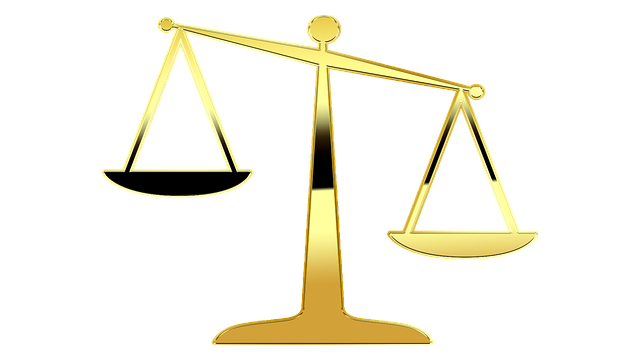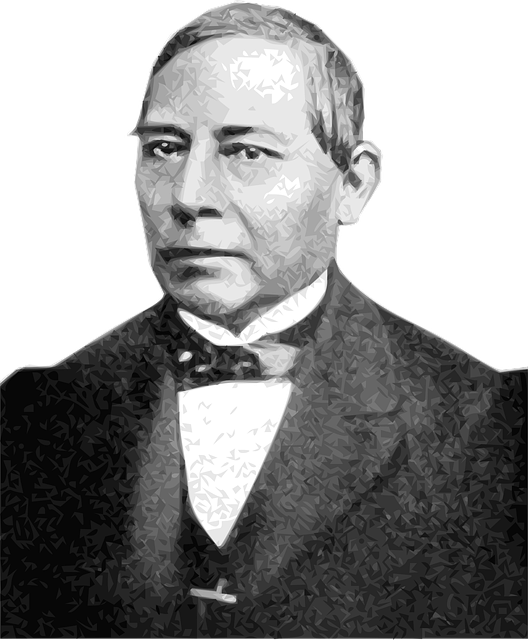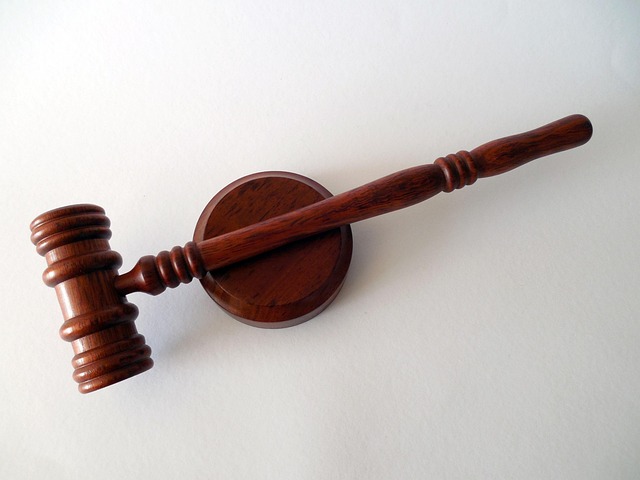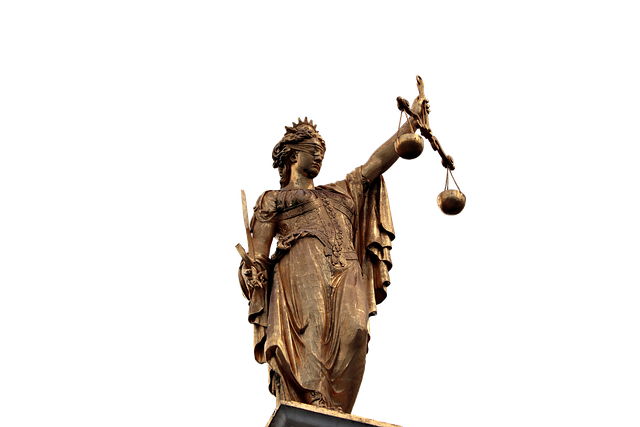Resolving Joint Property Ownership Conflicts in environmental crime cases demands a meticulous strategic approach. Legal experts navigate intricate legal and financial webs, examining historical records, regulatory compliance, and root causes of pollution. Through specialized strategies, attorneys advocate for clients' rights, ensuring fair resolutions that promote sustainable practices and uphold environmental regulations. Environmental Crime Trials uncover fraudulent land use practices, resolving disputes over shared property rights and holding all responsible parties accountable.
“Environmental Crime Trials: Navigating Complex Cases and Holding Offenders Accountable
This article explores the intricate world of environmental justice, focusing on trials involving complex crimes. We delve into key areas such as unraveling land use fraud, joint ownership disputes, and the legal framework that resolves property conflicts. By examining these cases, we highlight the importance of holding both individuals and corporations accountable for their environmental actions. Understanding these trials is crucial in promoting sustainable practices and ensuring justice when resolving joint property ownership conflicts.”
- Unraveling Complex Environmental Crimes
- Legal Framework for Joint Ownership Disputes
- Investigating Land Use Fraud
- Holding Individuals and Corporations Accountable
- Resolving Property Conflicts Through Trial
Unraveling Complex Environmental Crimes

Unraveling complex environmental crimes requires a meticulous approach, especially when dealing with joint property ownership conflicts. These cases often present unique challenges due to the intricate web of legal and financial interests involved. When multiple parties claim ownership or have rights over a piece of land or a resource, it becomes a delicate task to navigate the responsibilities and liabilities associated with environmental damage.
Resolving these conflicts demands a strategic strategy that considers the respective business operations and environmental impact. Legal experts must explore every avenue, from historical property records and regulatory compliance to identifying the root causes of pollution or degradation. Achieving extraordinary results in such cases means securing justice for all stakeholders while fostering sustainable practices across the country.
Legal Framework for Joint Ownership Disputes

In the realm of environmental crime trials, resolving joint property ownership conflicts is a complex legal challenge. When corporate and individual clients are involved in white-collar defense cases, navigating the intricacies of shared assets can significantly impact the outcome. The legal framework for addressing these disputes often requires a delicate balance between general criminal defense strategies and specific environmental regulations.
Courts have developed mechanisms to tackle such complexities, ensuring that justice is served while considering the unique dynamics of joint ownership. Through meticulous case evaluation and tailored legal arguments, attorneys can advocate for their clients’ rights, whether they are corporations or individuals. This process involves careful analysis of property rights, environmental impact assessments, and the application of relevant statutes, ultimately aiming to resolve conflicts fairly in these intricate cases.
Investigating Land Use Fraud

Investigating Land Use Fraud involves a complex web of legal and environmental considerations, particularly when addressing joint property ownership conflicts. These cases often arise from deceptive practices related to real estate development, where perpetrators manipulate land titles and use documents to mislead stakeholders. Environmental Crime Trials play a pivotal role in uncovering such frauds, ensuring accountability and justice. By examining transactions, records, and patterns of behavior, investigators can resolve disputes over shared property rights, which are common in situations where multiple parties claim ownership or have vested interests.
In the context of a general criminal defense, navigating these conflicts requires a strategic approach. Attorneys specializing in white collar defense often assist clients in avoiding indictment by presenting evidence that refutes allegations of fraud. This may involve meticulous document analysis, expert testimony on land use laws, and demonstrating an absence of malicious intent. Effective legal representation is crucial to ensuring fair outcomes, protecting the rights of all parties involved, and upholding the integrity of environmental regulations.
Holding Individuals and Corporations Accountable

In the realm of environmental crime trials, holding both individuals and corporations accountable is paramount for fostering ecological justice. When it comes to resolving complex cases involving joint property ownership conflicts, strategic legal approaches are essential. These challenges often arise when pollution or environmental damage spans multiple properties owned by different entities, including corporate and individual clients. Such scenarios demand meticulous investigation and innovative litigation strategies to ensure that all responsible parties are held liable for their respective business actions.
Jury trials play a pivotal role in this process, providing a platform for presenting compelling evidence and allowing jurors to make informed decisions. Through these trials, the court can determine the extent of environmental harm caused by each defendant, apportioning responsibility accordingly. This comprehensive approach ensures that corporate entities and individual stakeholders are all subject to justice, ultimately contributing to effective deterrence and the preservation of our natural resources.
Resolving Property Conflicts Through Trial

In cases where joint property ownership conflicts arise, Environmental Crime Trials offer a crucial avenue for resolution. When two or more parties claim rights to a specific piece of property, the court becomes an essential arbiter in deciding its rightful ownership. Through robust legal proceedings, individuals can present their respective cases, arguing their stakes and motivations. This process encourages transparency and allows for thorough scrutiny of each party’s claims.
The trial serves as a forum where complex issues related to environmental crimes and white-collar offenses are examined. Lawyers involved in such cases often employ strategic arguments, presenting evidence that can lead to winning challenging defense verdicts. The ultimate goal is to achieve extraordinary results, ensuring justice for all parties involved while addressing the broader implications of property disputes within the context of economic crimes.
Environmental crime trials play a pivotal role in holding perpetrators accountable, resolving complex disputes, and ensuring justice. By examining cases involving land use fraud and joint property ownership conflicts within a robust legal framework, these trials foster transparency and accountability. They empower communities to navigate environmental challenges and seek redress for ecological damage. Through these processes, we can strive towards a more sustainable future by deterring potential offenders and upholding the law in the face of escalating environmental crises.






